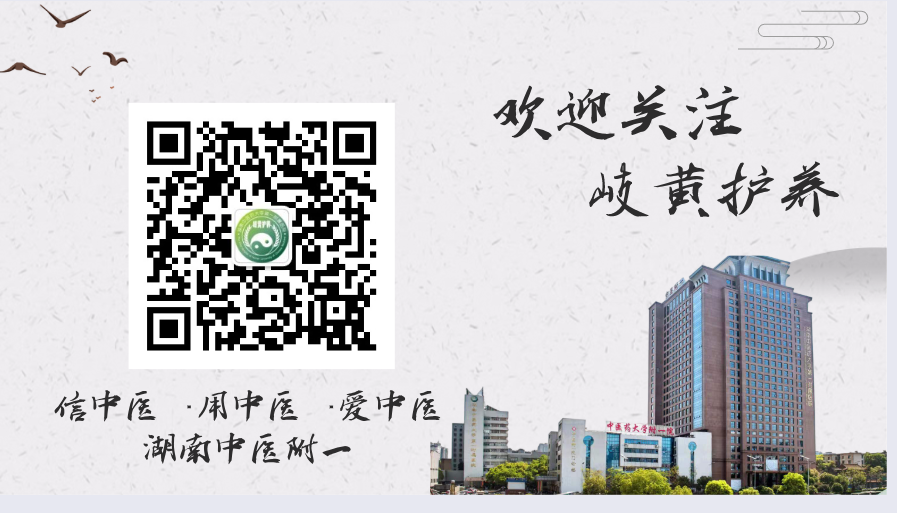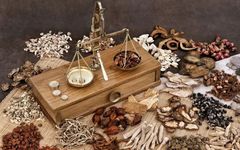Chinese herbal decoctions are one of the common forms of traditional Chinese medicine (TCM), characterized by rapid absorption, effective action, and flexible adjustments based on symptoms. They are widely used in clinical practice. Most people judge the skill level of a physician based on the efficacy of the herbal medicine they take, not realizing that the full therapeutic potential of Chinese medicine relies not only on the physician’s diagnostic and treatment skills but also on the quality of the herbs, the correct preparation methods, and the administration techniques.
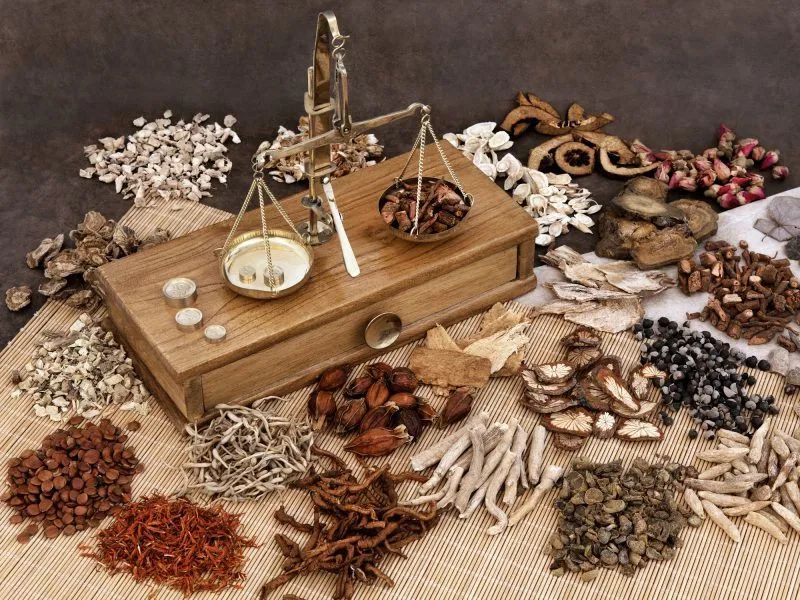
Now, let me guide you to understand the essentials of Chinese herbal decoctions, ensuring that your carefully brewed herbal medicine achieves the desired therapeutic effect.
1. Selection of Herbs
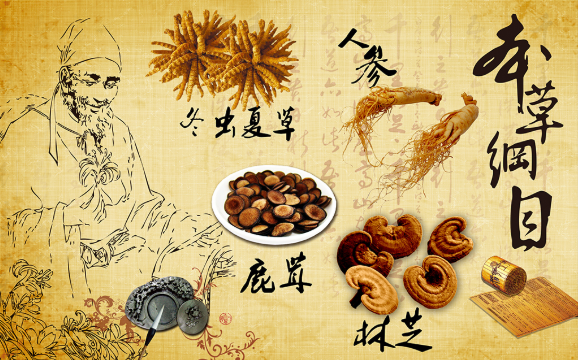
High-quality Chinese herbs are selected based on their origin, harvesting time, and processing methods. Good herbs are often referred to as “authentic”. For example, Huang Qi (Astragalus) from the Daxing’anling region and Ge Gen (Kudzu) from Wuyi Mountain are prized because the geographical and climatic conditions of these areas are suitable for their growth, allowing them to accumulate energy.
The timing and method of harvesting Chinese herbs also determine their quality; “harvesting too early means the medicinal properties are not yet developed, while harvesting too late means they have already peaked and declined”.
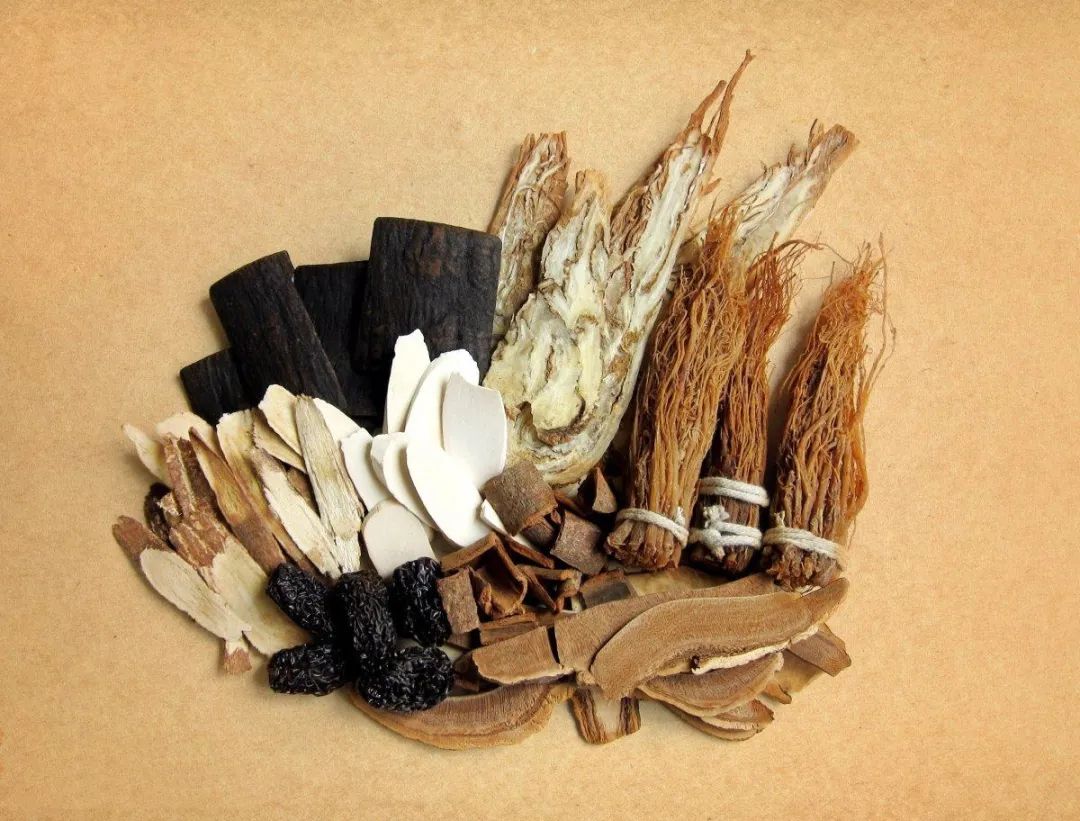
For instance, floral herbs are generally harvested when the buds are not yet open or just opened to prevent loss of fragrance and petal scattering, which can affect quality.
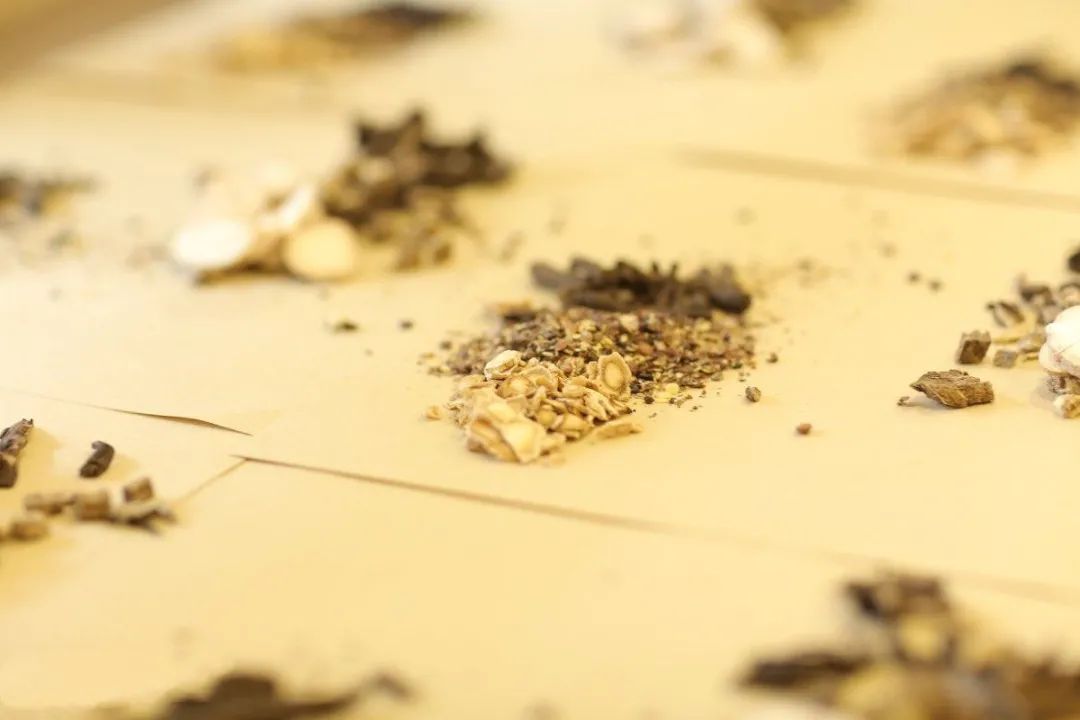
Appropriate processing methods and excellent processing tools are also crucial for the efficacy of Chinese herbs.
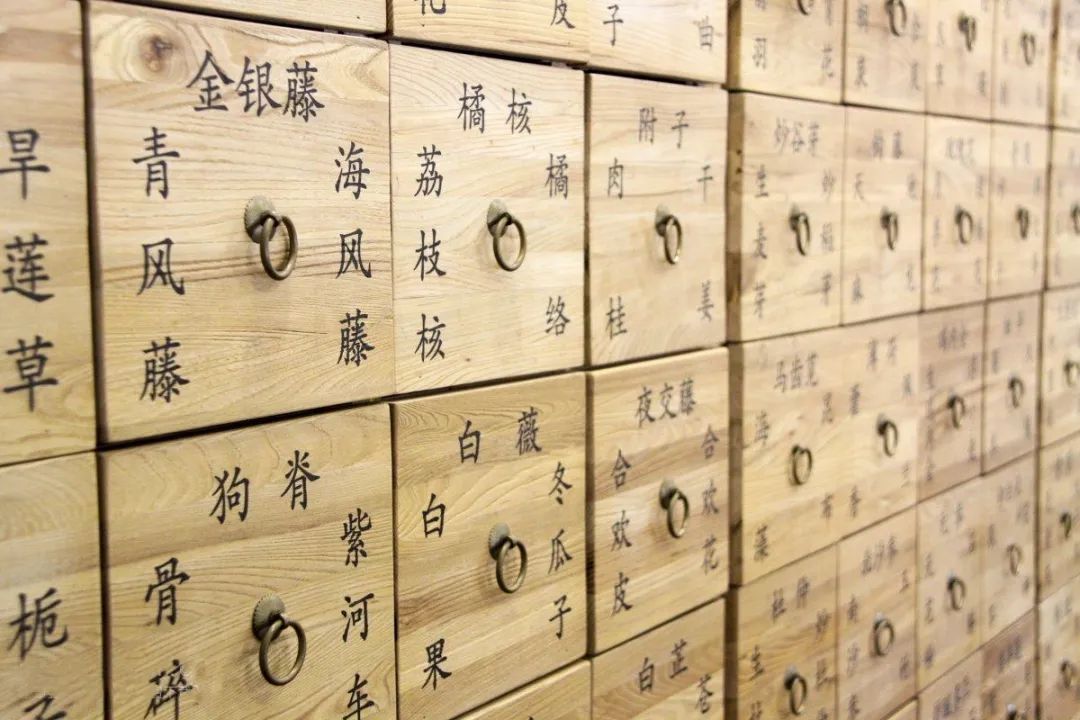
When you cannot distinguish the quality of herbs, you should purchase them through legitimate channels, such as reputable manufacturers, TCM hospitals, or herbal shops. Reputable TCM hospitals often have skilled herbalists to ensure the quality of the herbs.
Therefore, when selecting herbs, do not simply seek cheap options; the quality of the herbs you choose directly determines the efficacy of the herbal medicine.
2. Decoction Containers
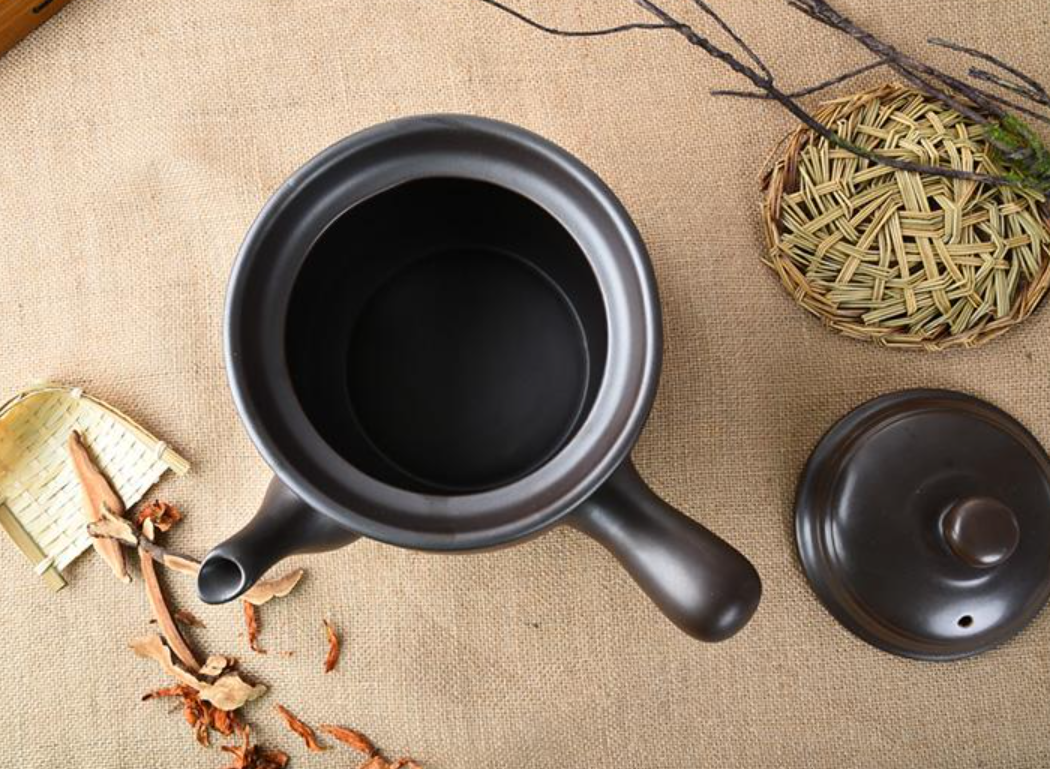
Typically, ceramic clay pots or earthenware jars are preferred, while enamel and glass containers are also acceptable.
Iron, tin, copper, aluminum, and stainless steel containers should be avoided for decocting Chinese herbs, as these materials can react chemically with the herbs, causing side effects and affecting efficacy.
3. Decoction Methods
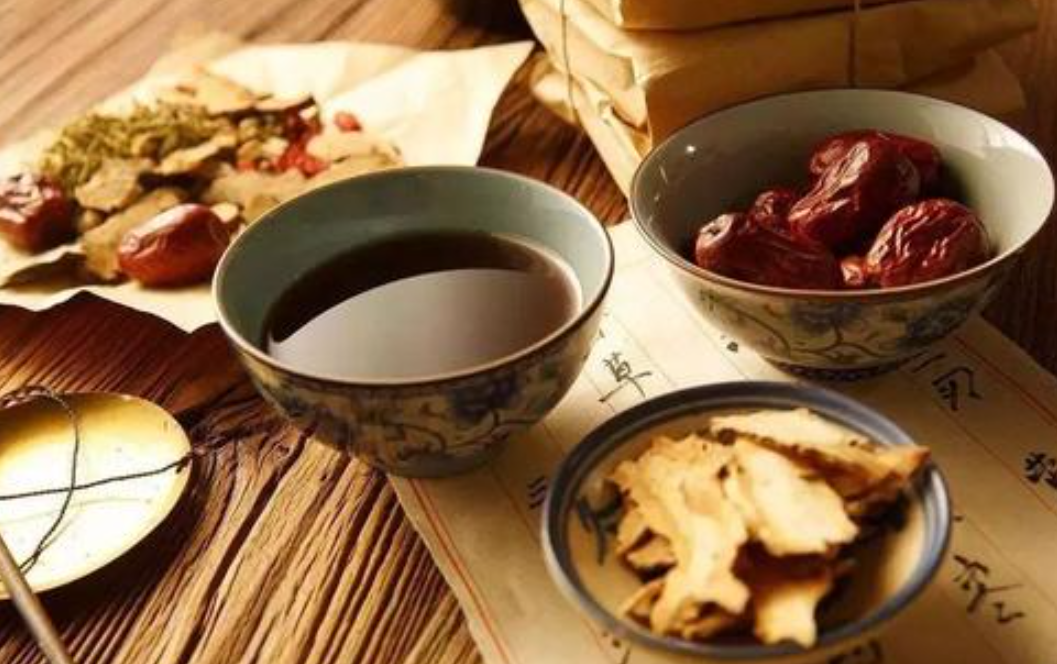
Place the herbs in the container, add cold water (preferably pure water with low mineral content) to cover the herbs, and soak (for formulas primarily consisting of flowers, leaves, and grasses, soak for 30 minutes; for formulas primarily consisting of roots, tubers, seeds, and fruits, soak for 60 minutes) to facilitate the extraction of active ingredients.
The soaking water is used for decoction. For the first decoction, add water to exceed the herb surface by 2-3 cm (about one and a half finger joints); for the second decoction, exceed the herb surface by 2 cm (as the herbs have absorbed water and expanded, the water amount can be reduced). Generally, decoct twice, bringing to a boil over high heat, then simmering over low heat. Strain the decoction to remove the dregs, mix the two decoctions, and take in two doses, approximately 100-150 ml each, with children taking half the amount.
Note: Water should be added all at once; do not add water midway, and do not add water after the decoction has dried out.
4. Timing of Administration
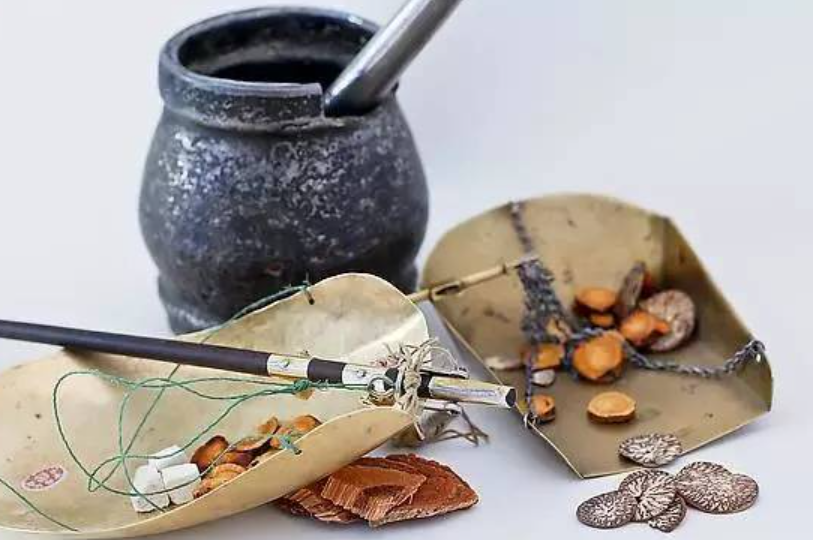
Generally, Chinese herbs should be taken 2-3 times a day, either 2 hours before or after meals. If taking Western medicine simultaneously, a gap of 30-60 minutes is required.For acute or febrile diseases, the decoction should be taken immediately after preparation to maintain the medicinal potency;tonic herbs should be taken on an empty stomach;antiparasitic herbs should be taken on an empty stomach or half-empty stomach in the morning;regulating menstruation herbs should be taken a few days before menstruation;asthma-relief herbs should be taken before an asthma attack;for those who vomit after taking medicine, it is advisable to take small amounts multiple times;for diaphoretic and purgative herbs, they should be taken according to the degree of sweating or purging, and it is not necessary to finish the entire dose to avoid excess, which can harm the vital energy.
5. Temperature of Administration
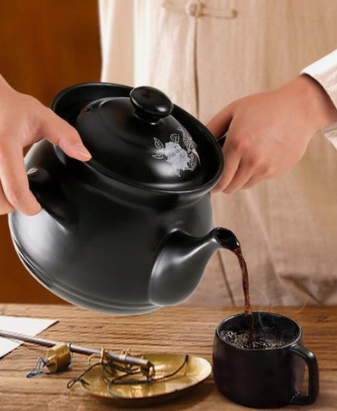
Chinese herbal decoctions are generally best taken warm. In special circumstances, specific methods should be followed. For example, in cases of wind-cold colds or before the rash appears in measles, the decoction should be taken hot to induce sweating and release the exterior. During hot weather, the decoction should be taken warm or cool.
In addition, we often encounter some common questions regarding Chinese herbs; let us address them one by one.
Q
Do I need to wash the herbs before decocting?
No, washing is not necessary.
High-quality Chinese herbs sold by reputable manufacturers, hospitals, or pharmacies are usually processed beforehand. Washing some herbs can cause the active ingredients to dissolve in water, reducing their efficacy; others are in powder form, and washing them can lead to loss. If you find some herbs mixed with sand or impurities, you can quickly rinse them with cold water.
A
Q
Can I borrow herbal medicine from someone else who has the same condition and return it later?
No, this is not advisable.
TCM emphasizes individualized treatment based on syndrome differentiation, advocating for “one person, one prescription”. Even if it is the same condition, the disease may be at different stages of development, and each person’s constitution is different, leading to different herbal formulations.
A
Q
Is it okay to add sugar to the herbal decoction to improve the taste?
Do not add sugar casually.
The chemical components in Chinese herbs are complex, and sugar contains certain amounts of iron, calcium ions, and other substances that may react chemically with the decoction, altering the active ingredients. It is better to suck on a piece of sugar after taking the medicine to improve the taste.
A
Q
Do I need to avoid certain foods while taking Chinese herbs?
Yes, dietary restrictions are necessary while taking Chinese herbs.
Some foods can lead to adverse reactions or complications when taken with herbal medicine.
During the course of taking Chinese herbs, a light diet is recommended, avoiding greasy, rich, or hard foods to prevent interference with the absorption of the herbs.
Tea should not be consumed during the course of taking herbal medicine, as certain components in tea can hinder the absorption of the herbs, reducing efficacy, and may even interact with some herbs, causing side effects.
White radish should also be avoided, as it has the effect of digesting food and breaking qi. As stated in the “Dong Yi Bao Jian”: “When taking Di Huang (Rehmannia) or He Shou Wu (Fo-Ti), eating radish can deplete blood and cause premature graying of hair.”
Especially avoid taking it with tonics like Ren Shen (Ginseng) or Huang Qi (Astragalus), as it can weaken their efficacy.
A
If you want to ensure that the herbal decoction achieves its therapeutic effects, allowing chronic diseases to gradually recover and acute diseases to be controlled promptly, applying gradual treatment methods can effectively treat diseases and overcome stubborn ailments. Therefore, mastering the correct and reasonable methods of taking decoctions becomes an essential aspect of the application of Chinese medicine.
 Author: Chu Xuan, Huang LuEditor: Liu KangProofreader: Feng ShuihuaReviewer: Liao Ruoyi
Author: Chu Xuan, Huang LuEditor: Liu KangProofreader: Feng ShuihuaReviewer: Liao Ruoyi
